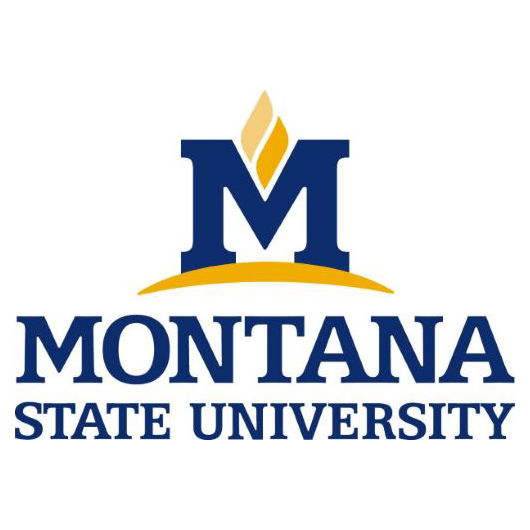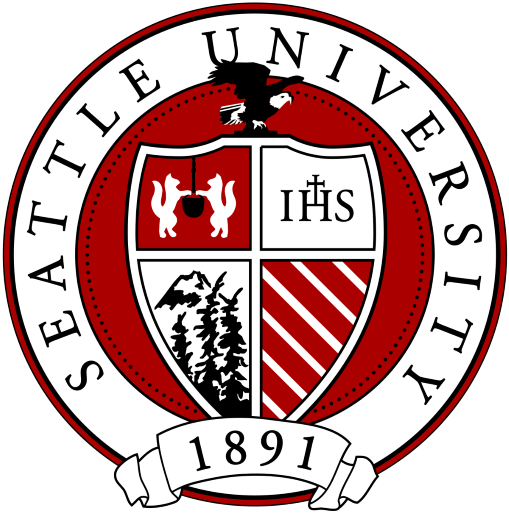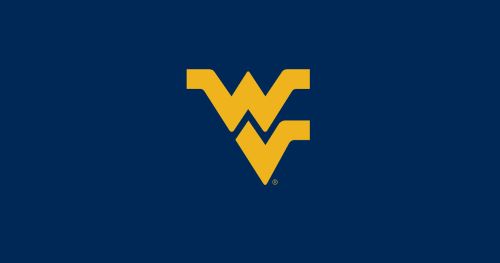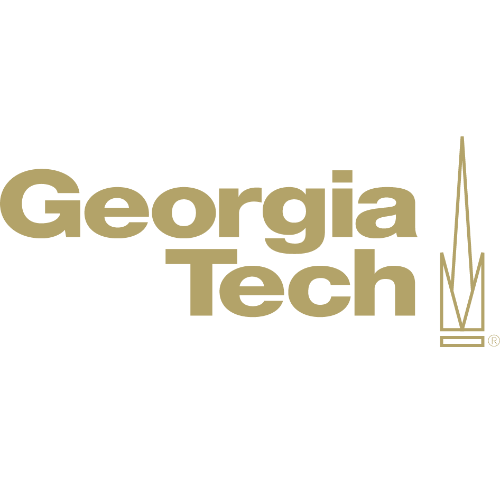
Montana State University ADVANCE
Montana State University ADVANCE
Project TRACS primary goal was to transform Montana State University and broaden the participation of women faculty in STEM and underrepresented areas of Social and Behavioral Science (SBS) at MSU Bozeman. As former First Lady Obama articulated, invoking the metaphor of a “runner’ s track,” women faculty may find themselves on an “outside” track with hurdles to overcome and a longer distance to run. Our proposal initiatives aimed to transform MSU by removing those hurdles, advancing women to an equal starting point, and thus reducing the “accumulation of disadvantage” (Valian, 1998). Our project operationalized a highly innovative approach to the selection, implementation, and importantly, the empirical understanding of the transformation process. We applied Self-Determination Theory (SDT, Deci & Ryan, 2000), which specifies three “needs” that, when supported by a given environment, foster sustainable performance, persistence, and organizational loyalty.
Seattle University ADVANCE
The SU ADVANCE Program focuses on equity issues among university faculty, paying particular attention to current inequities in faculty workloads and promotion guidelines. The National Science Foundation ADVANCE Program began in 2001 and has awarded close to $300 million to over 160 different institutions of higher education in the U.S. In September 2016, Seattle University received a 5-year ADVANCE "Institutional Transformation" grant: What Counts as Success? Recognizing and Rewarding Women Faculty's Differential Contribution in a Comprehensive Liberal Arts University. Our program is housed under the Office of the Provost. Our overall goal is institutional, cultural, and structural transformation that aligns our expectations and promotion standards with our educational mission.
West Virginia University ADVANCE
As an academic hub, the ADVANCE Center works with faculty, staff and campus-wide leaders to disrupt institutional inequities and promote inclusive policies that sustain and grow a thriving culture and climate University-wide. It was established in 2010 by WVU’s receipt of an NSF ADVANCE Institutional Transformation Award. In particular, the WVU ADVANCE Team was invited to UCCS to host a virtual Dialogues Training for STEM and SBS chairs in creating the regent-mandated annual review criteria separate from promotion and tenure criteria. The Dialogues technique aims to create an inclusive annual review process and lay the foundation for equitable group processes in which all department members feel included, respected, and experience collective efficacy.
Georgia Tech ADVANCE
Supported by the Institute Diversity, Equity, and Inclusion office, Georgia Tech’s ADVANCE Program builds and sustains an inter-college network of professors who are world-class researchers and role models to support the community and advancement of women and minorities in academia by:
- Advocating for diversity, equity, and inclusion.
- Advising campus leadership on policy and structure.
- Increasing awareness and reducing the impact of implicit bias.
- Making data-driven recommendations for faculty retention, advancement, and satisfaction.
Our goal is to develop systemic and institutional approaches that increase the representation, full participation, and advancement of women and minorities in academic STEM careers—thus contributing to a more diverse workforce, locally and nationally.



